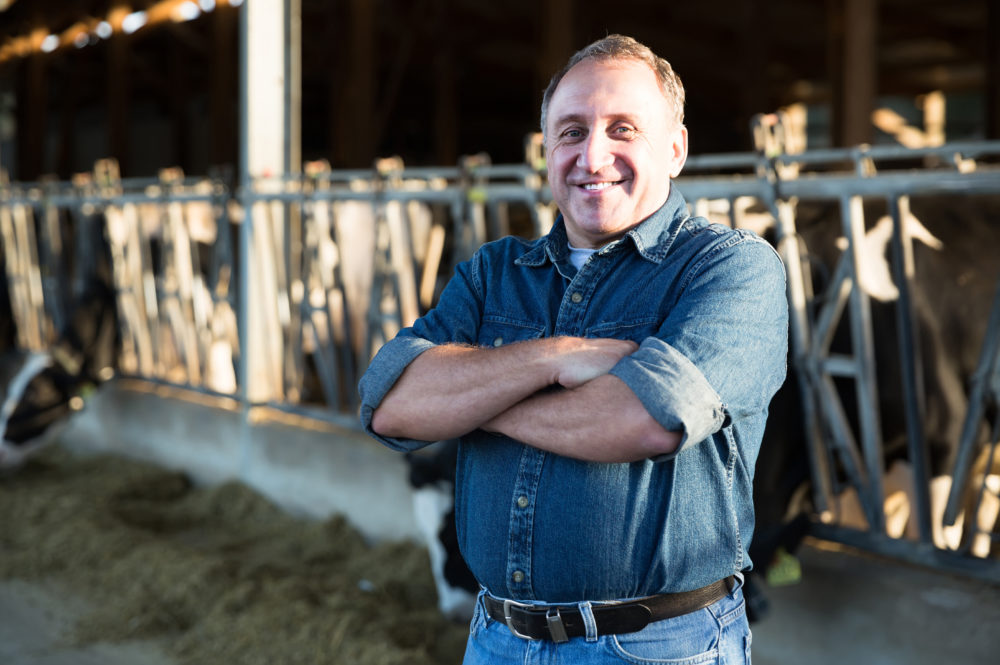Rural England now supports around 5.4 million employees, 74 per cent of which are full-time. While there is a tendency to assume that rural enterprise is diminishing and that there is a crowbar separation between urban and rural business, this is not necessarily the case.
The 2007 report into ‘the state of the countryside’ by the Commission for Rural Communities, in fact, shows quite the opposite. It speaks of the ‘linkages and interdependencies’ between enterprises in cities and the countryside, highlighting the importance of supply and demand relationships and the fact that employees often hail from rural areas to work in larger towns and cities. Closing this perceived gap and forging new relationships could benefit entrepreneurs based in either area.
Moreover, the outlook for rural business is brighter than it has been in recent decades. There has been a resurgence in demand for locally produced food and drink and broadband technology has allowed businesses to operate effectively in remote locations. This is helping to create sustainable rural employment, attracting more professionals to the countryside.
SmallBusiness.co.uk caught up with Wilfred Emmanuel-Jones, who launched his food brand ‘The Black Farmer’, daring to take on the big stores and their own labels dominating the market at the time, and spoke to him about the difficulties faced by rural business and how entrepreneurs can approach the issue of any divide.





